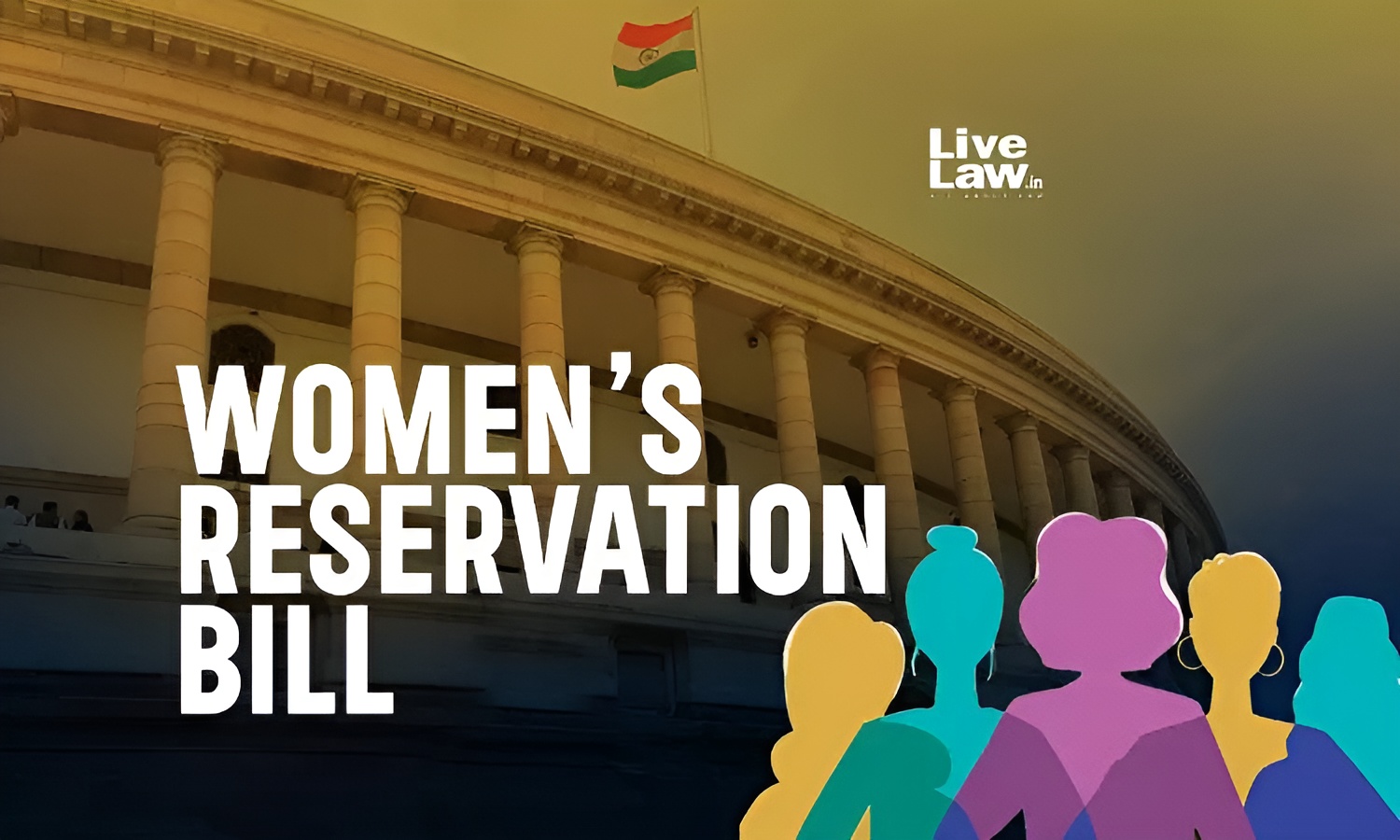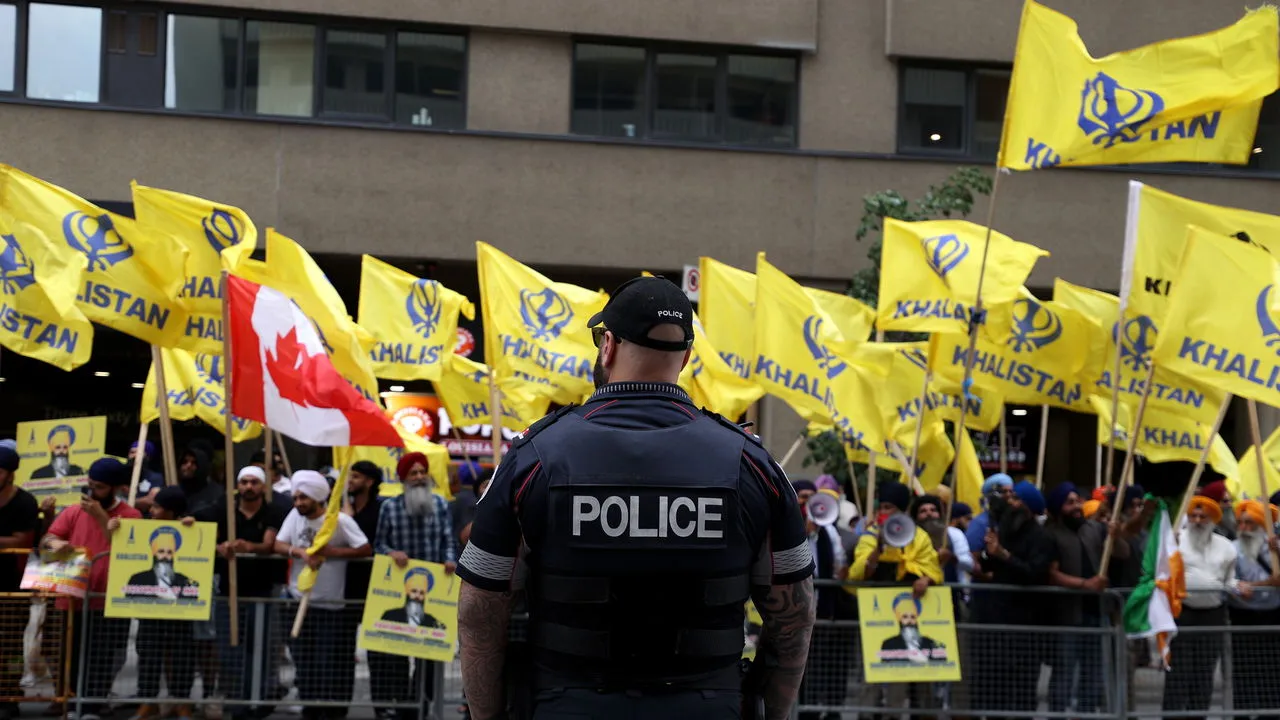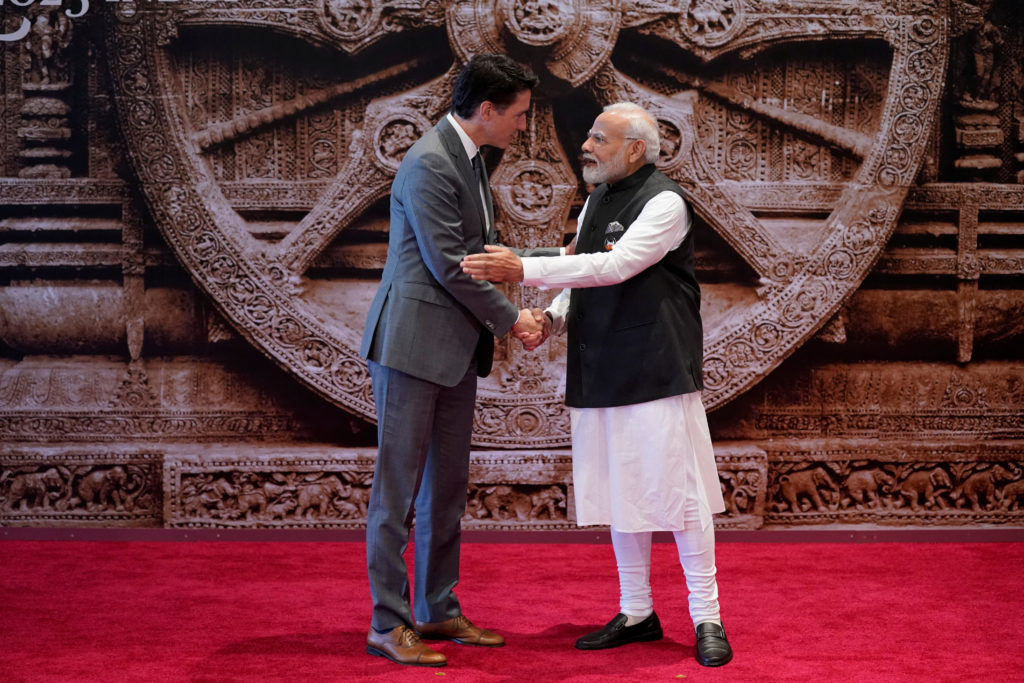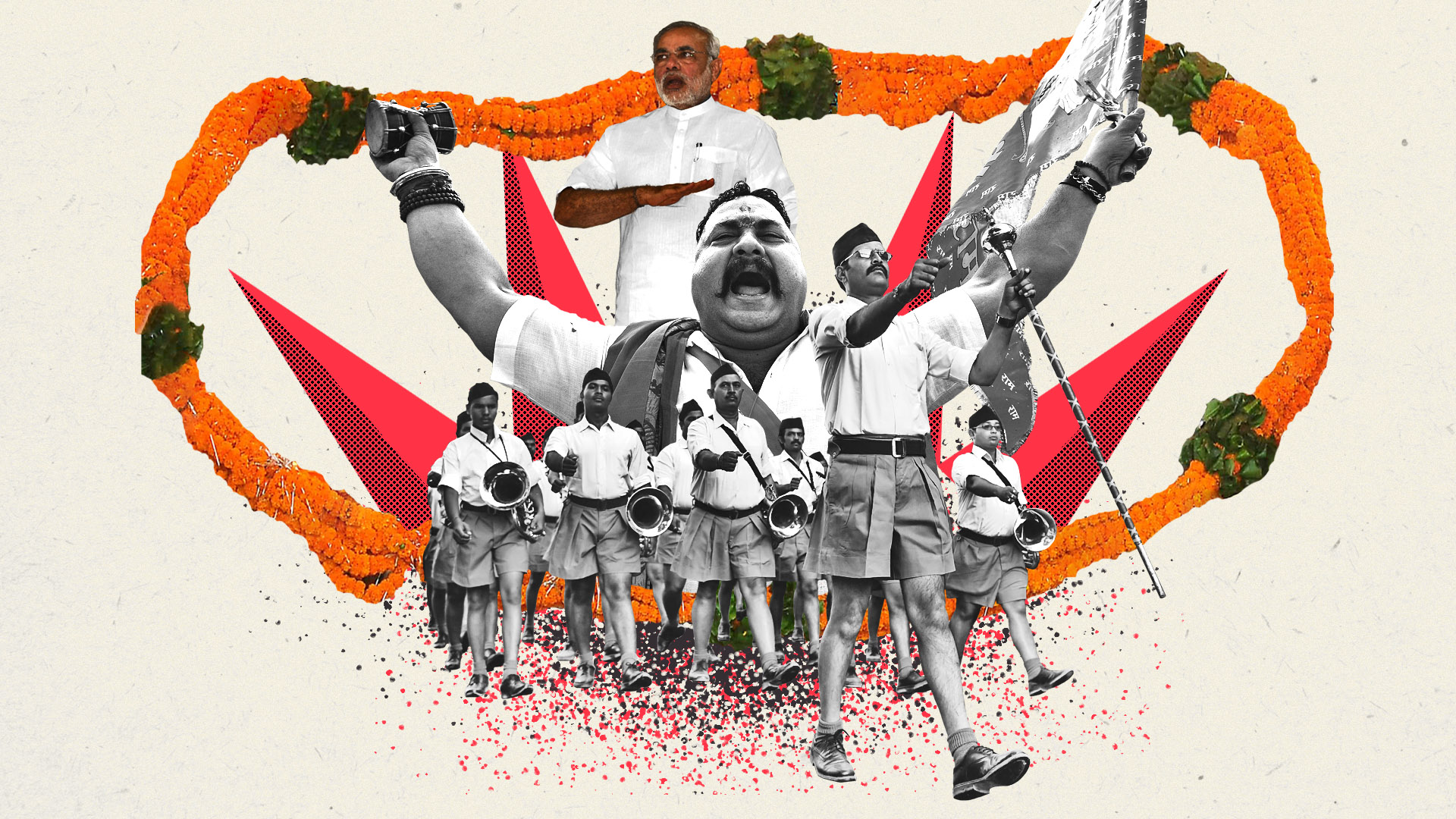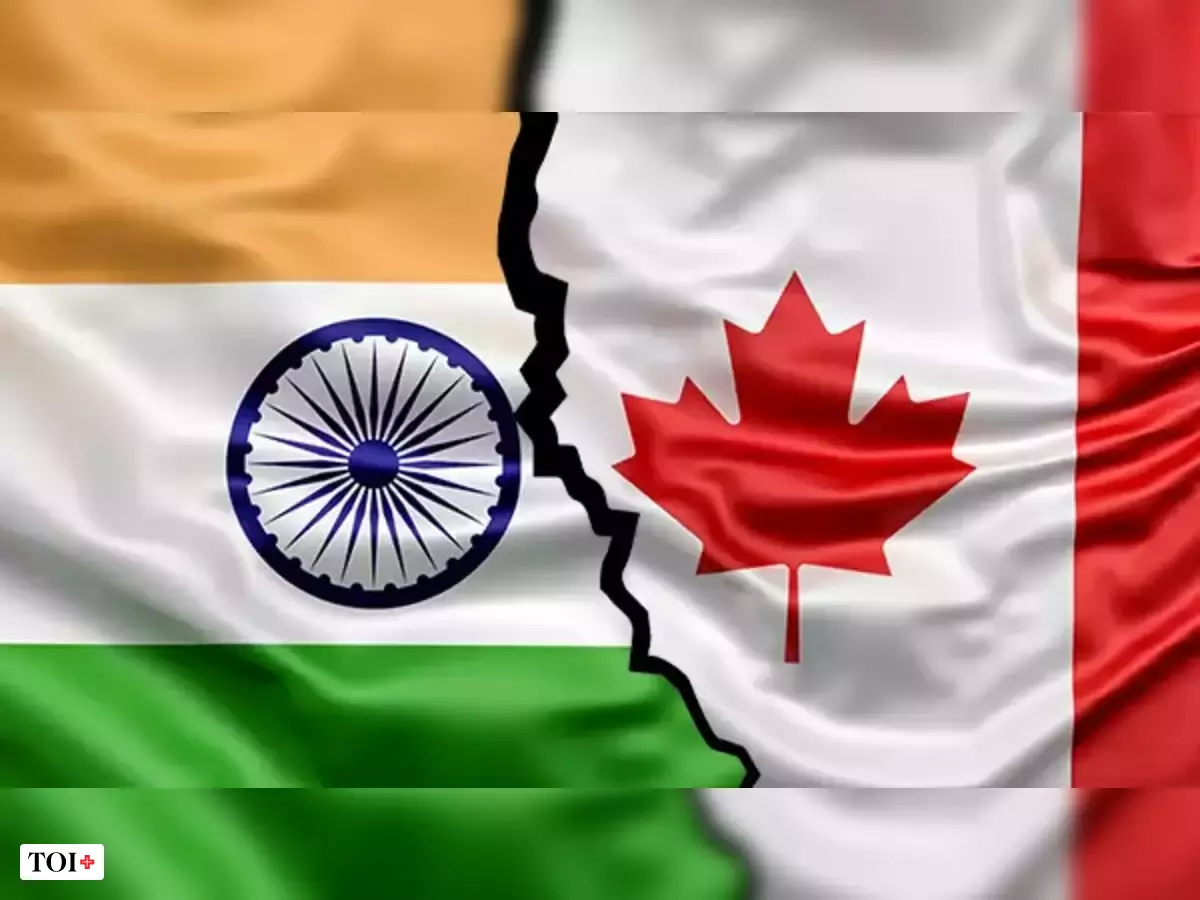On the floor of a brand-new Parliament House, members of the Indian Parliament will figuratively “step out from the old to the new” as India renews its commitment to destiny. The earlier iconic structure, which was conceived by the British but constructed by the sweat and labor of Indians, will continue to stand as a permanent tribute to a crucial midnight hour that occurred 75 years ago. The historic Parliament House in India has, for the most part, skillfully guided the largest and oldest democracy in the world through the ups and downs of recent history.
The Narendra Modi government has made progress toward bridging the political representation gap by introducing the “Nari Shakti Vandan Adhiniyam,” the most recent version of the Women’s Reservation Bill. This comes at a time when women’s rights are being threatened across the globe.
Significantly, the first bill to be presented in the new Parliament building was the Constitution (128th Amendment) Bill, which established a 33% quota for women in the Parliament and state assemblies. Perhaps it was an indication that the political establishment was about to undergo a shake-up since the ground had shifted.
The Opposition is in a difficult position as a result of the PM’s empowerment drive for three reasons. Even if credit for the passage of the law would only go to the Modi government, it cannot take a stand on the wrong side of such a sensitive topic. For instance, K Kavitha, the leader of the Bharat Rashtra Samithi (BRS), who has been advocating for the Bill, is compelled to express her appreciation.
Second, the INDIA company’s “democracy in danger” campaign has lost some of its luster. The government’s stated intention to promote gender parity in political representation is unequivocally progressive, liberal, and consistent with democratic principles. It also benefits women from all castes and communities, just as the government’s social programs.
Third, women’s votes are now a significant electoral force. The gender gap was not only closed but also reversed in the 2019 general elections, with 67.18% of women voting compared to 67.1% of men. The vote of women is crucial for several opposition politicians, including Nitish Kumar and Mamata Banerjee. The BJP will have the “W” factor advantage if the Bill is passed into law.
The prime minister’s description of the Bill as a “agni pareeksha (trial by fire)” for the governing BJP shows that he means business. Party MPs have been cautioned that they must follow orders, even if it means voting against their own self-interest, even if they are privately opposed to the Bill out of concern for losing their seats. Fortunately, adoption is several years away, so effects won’t be felt until 2029.
If earlier debates are any indication, this one will be fascinating. Every administration has attempted to pass the Bill since the Deve Gowda government first proposed it in 1996, including those in 1996, 1998, 1999, 2002, 2003, 2008, and 2010. But its passage in the Rajya Sabha in 2010 (only to expire after that) was the closest it has ever come to becoming a law.
Consensus was cited as the reason each time, proving that it isn’t always a good thing. The majority of OBC MPs who opposed the bill believed it should have had a quota inside a quota for specific groups. Reservations are available under the current system for SCs and STs, but not for backward castes for obvious reasons.
The other argument, that the women, mothers, sisters, or daughters of political families would occupy the designated seats, has some merit. The similar defense was used in 1993 about the reservation of seats for women in panchayats and local bodies (originally 33%, now 50% in most states). Nevertheless, despite the’sarpanchpati’ tradition, women’s political consciousness has grown through time. Studies attest to the crucial role reservations play in enhancing women’s political involvement and battling patriarchal beliefs.
The Inter-Parliamentary Union (IPU) estimates that women make up 26.5% of parliamentarians worldwide. In this aspect, just six nations have reached or surpassed gender parity. In a list of 186 nations, India ranks 140th with a representation of 15.1%, trailing Bangladesh, Pakistan, and Nepal. India ranks 127th out of 146 nations in the Gender Gap Index published by the World Economic Forum. The Women’s Reservation Bill needs to become law if it is to strengthen its position.
The Supreme Court of the United States overturned Roe v. Wade, which established the constitutional right to an abortion, in June 2022, highlighting the precarious nature of women’s rights. The rights of women in Poland regarding reproduction have also been severely limited. In Afghanistan, nearly all of a woman’s rights have been gradually taken away from her. A mandatory hijab law with a ten-year term for violators has been proposed in Iran as a reaction of anti-hijab demonstrations.
India’s initiative is all the more crucial in light of this. However, political parties need to watch out that it doesn’t just become a show. Women should never be completely barred from general admission (non-reserved) seating.
The Trinamool Congress (TMC) and Biju Janta Dal (BJD), for example, have already made significant progress toward increasing the role of women in electoral politics. Sadly, the BJP hasn’t been one of them. There has been a mismatch between the RSS-BJP’s grassroots mobilization of women and their involvement in electoral politics for far too long. The BJP needs to reverse that and show leadership by setting a good example.
Of course, no story would be complete without a statement on how India’s elected officials must continue to engage in the dangerous fusion of politics and crime. Never mind the widespread abuse of cash and power to rig elections; let’s not repeat gloomy data on the number of criminals in state and federal legislators. Let’s just say that the Supreme Court, no less, has given MPs the authority to contemplate passing reformist laws in this area as well.
